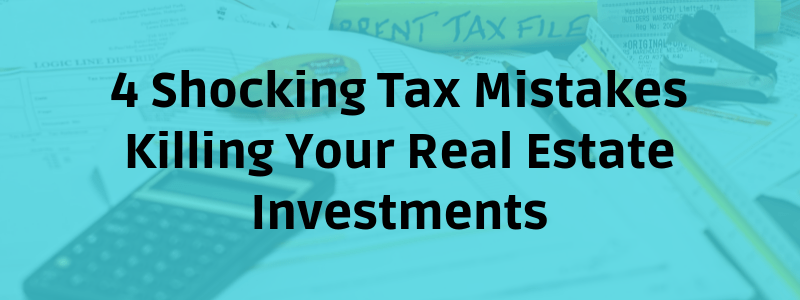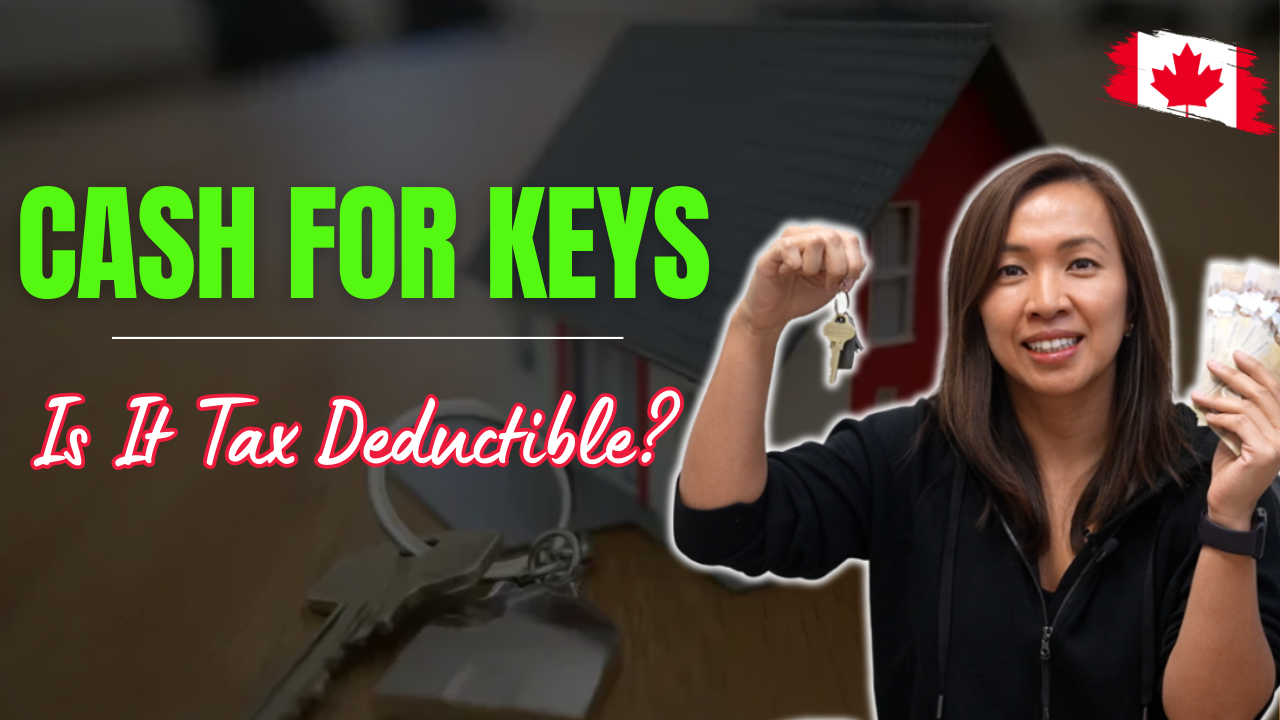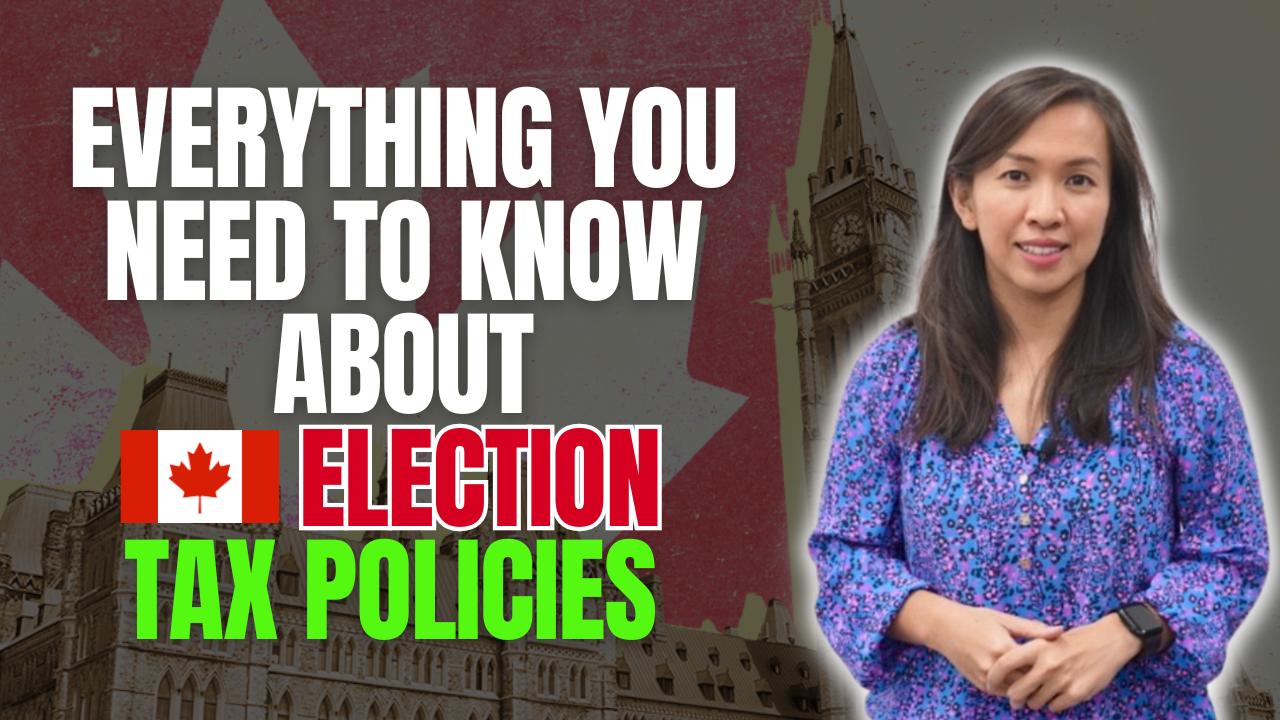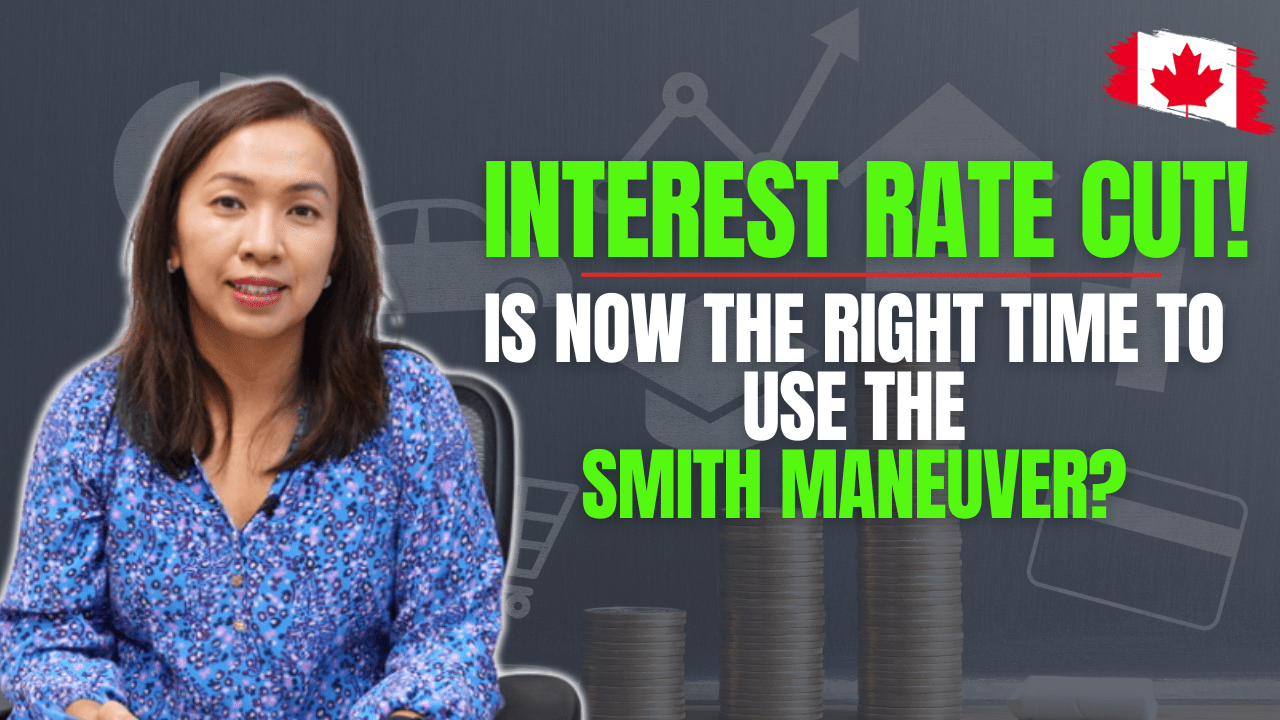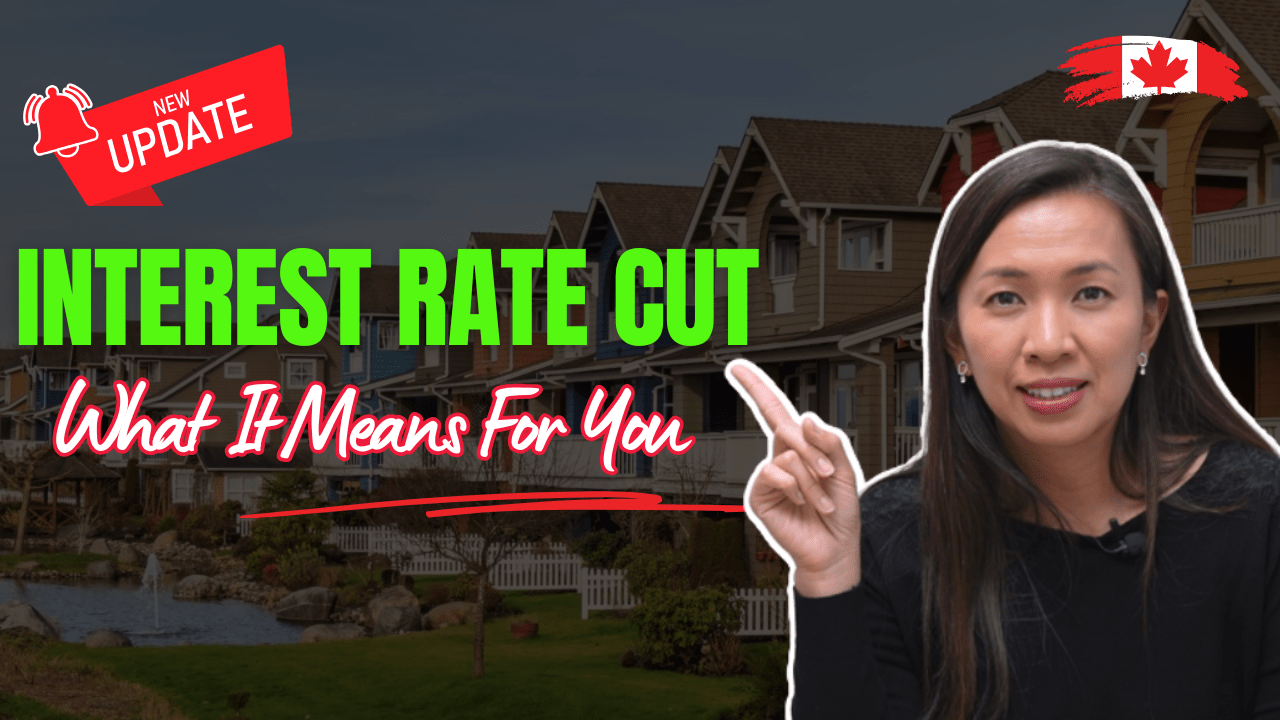Rich Dad Poor Dad is the legendary book that got both Erwin and me started in the journey of real estate investing.
So, when my mother-in-law attended a Rich Dad Poor Dad workshop in Hong Kong recently, I was surprised.
In the book Rich Dad Poor Dad, it teaches you to invest in real estate, collect rent, and let your money work for you.
Many of you would have heard about the story of my parents owning parking spots in Hong Kong. Sellers in my mom’s residential complex are asking over CAD$500K for the parking spot in this one ad I could find online. Monthly rent is equivalent to CAD$1330 per month, more than many apartments’ rent in Canada.
Crazy, isn’t it?
So when Rich Dad Poor Dad teaches their investment course in Hong Kong, my first response was, ‘how do local Hong Kong people afford to invest?’
Turns out that they promote buying properties in developed countries, the top 3 choices that they promote is the United Kingdom, United States and…you guessed it…Canada!
A couple of takeaways from this story:
- If people who got the money that is outside of Canada are taught and encouraged to purchase properties in developed countries like Canada, we should all be very grateful we already live in a developed country. ?
- If people outside of Canada are buying properties here so that they can achieve financial freedom as described in the book Rich Dad Poor Dad, guess what, maybe we should also take advantage of what we have in our own backyard. Take ownership of our own financial wealth, with better financing terms and better prices as locals. At least we don’t need to pay the foreign buyer tax credit. ?
- Buying multi-units seem to be a great way to mitigate the risk. At this event, the host shared that he liked to purchase multi-units. As you know, investment in legal secondary suites to increase cash flow is a popular strategy locally in Canada. This strategy seems to be universally promoted across the Globe. ?
Now onto this week’s topic.
You might have seen the headline that CRA had collected over $1Billion from their audit initiative they have conducted in the real estate industry since 2015.
I’m all about learning from mistakes. If you’re the unlucky one, or you do not want to be the unlucky ones that can be
1. HST residential rebate on pre-construction homes
If you purchase a new pre-construction home and you’re not planning to move into the property, tell the builder that you are not moving in.
Yes, you will have to pay the HST rebate up front at closing, but you can get the same amount of HST rebate back with a one year lease.
CRA has recovered over $411 million from taxpayers on this non-compliance issue alone, i.e. over 41% of what they recovered come from HST residential rebate!
Don’t fall into the same trap as these taxpayers. Be smart about it.
2. Flipping/wholesaling/assignment
Many Canadian investors mistakenly thought that profit from selling a house would always be considered Capital Gain and only 50% of the profit would be taxable.
The truth is, not every sale of properties is considered capital gain.
If you’re a flipper, buy a property, renovate it, flip it for a profit, you’re considered owning a business of flipping properties. Profit is considered income, 100% taxable.
If you don’t know already, the highest personal marginal tax rate in Ontario is 54%. You may think you make $100K, $50K is taxable and you’re only liable for $25K of taxes. But if you flip a property, $100K is taxable and chances are, you owe $54K of taxes from the sale of this property. Not good!
Talk to an accountant that’s familiar with real estate investing so they can advise you on a proper structure to minimize tax before you purchase the property for a flip.
If you are those hustlers that do real estate wholesaling, wholesaling is also considered business income. 100% taxable.
If the wholesale fees you earn is over $30K, you will have HST exposure.
3. Primary residence exemption
If you sold a primary residence, you are required to report the sale of the property.
If you intend to “flip” a house, claiming that you’re moving into the property and reporting it as a sale of primary residence will not cut it.
CRA looks at your intention and facts surrounding the case to determine what your intention of the property is. They look at your profession, frequency of deals, advertising effort involved, the amount of work is done, etc. to determine whether a particular transaction is considered a business transaction or not.
If it is considered a business transaction like a flip, you don’t qualify to claim it as a primary residence.
If it is considered as a flip, 100% of the profit is taxable.
4. Unreported HST on substantially renovated homes or new homes
Continuing on from the example I mentioned in the previous point, if you buy an old house, tear it down and build a new house with the intention to sell it, you’re considered a builder.
A builder in the eyes of the tax law means that you are required to charge HST on the sale of the new build.
Many investors caught off guard by this “extra” cost that they never thought of. The truth is, virtually almost every single business owner would have to collect HST on behalf of CRA.
Cost of living in Canada and doing business in Canada.
CRA also considers you as a new builder if you substantially renovate a property. ?
Make sure you account for this HST payable in your budget so you won’t be caught off guard.
These 4 tax mistakes are all about planning. Speak to someone knowledgeable, plan ahead, so you can avoid being one of these taxpayers who gave $1Billion back to CRA.
Until next time, happy Canadian Real Estate Investing.
Cherry Chan, CPA, CA
Your Real Estate Accountant
